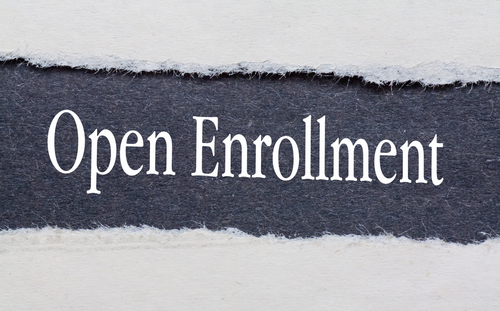DELIVER-MS Trial Recruiting RRMS Patients to Help Improve Treatment Decision-making

A clinical trial based at the Cleveland Clinic and the University of Nottingham, U.K., is recruiting patients with relapsing-remitting multiple sclerosis (RRMS) to compare two treatment strategies, the National Multiple Sclerosis Society announced.
The Phase 4 study, called DELIVER-MS (NCT03535298), intends to enroll about 800 participants age 18–60, across 24 centers in the U.S. and U.K. To be eligible, patients must have been diagnosed with RRMS for five years or less, and never have taken disease-modifying therapies (DMTs).
Among the sites currently recruiting participants in the U.S. are the Cleveland Clinic in Cleveland in Ohio and Las Vegas, Ohio Health, Anschutz Medical Campus at the University of Colorado, University of Rochester, University of Texas, University of Virginia, Baylor College of Medicine, and the University of Wisconsin.
More information about the DELIVER-MS study and how to participate is available here.
“The DELIVER-MS study seeks to answer the question: Does early treatment with highly effective DMT improve the prognosis for people with MS? This is an area of significant controversy and no data currently exist to guide treatment choices for patients and clinicians,” researchers said.
The trial will evaluate two treatment strategies: using a high-efficacy therapy, or using an escalation approach. Participants and their neurologists will decide the first-line of treatment that may benefit them the most.
The “escalation” group will receive a less-powerful therapy with the option of escalating, meaning they may switch to a more potent therapy if the disease remains active.
The second group of patients will begin treatment with a stronger therapy that potentially may be more effective, but also may carry greater risk of adverse side effects.
Researchers will follow the patients for up to 36 months, and will assess changes in disease activity, brain tissue loss, and overall disease progression.
Collected data is expected to provide useful information that may help clinicians decide which are the most effective and suitable treatment strategies for MS patients.
“The study results will help guide overall treatment philosophy, and will be applicable not only to a wide range of existing therapies but also to new therapies, meeting a significant unmet need in patient decision making and aiding the decision for medication approval,” the researchers wrote in the announcement.
The DELIVER-MS study is funded by the Patient-Centered Outcomes Research Institute (PCORI), and is the second PCORI-supported trial designed to help inform MS treatment decisions. The other study, named TREAT-MS (NCT03500328), is being led by researchers at Johns Hopkins University in Baltimore, Maryland, and aims to enroll 900 RRMS patients at 43 sites across the U.S.
TREAT-MS, which also is currently recruiting participants, was designed to compare the overall impact of early aggressive therapy with traditional therapy approaches. More information is available here.
Recently, Multiple Sclerosis News Today interviewed Daniel Ontaneda, MD, a neurologist with the Cleveland Clinic and lead investigator of the DELIVER-MS trial. Learn more about the two trials and read the interview here.






